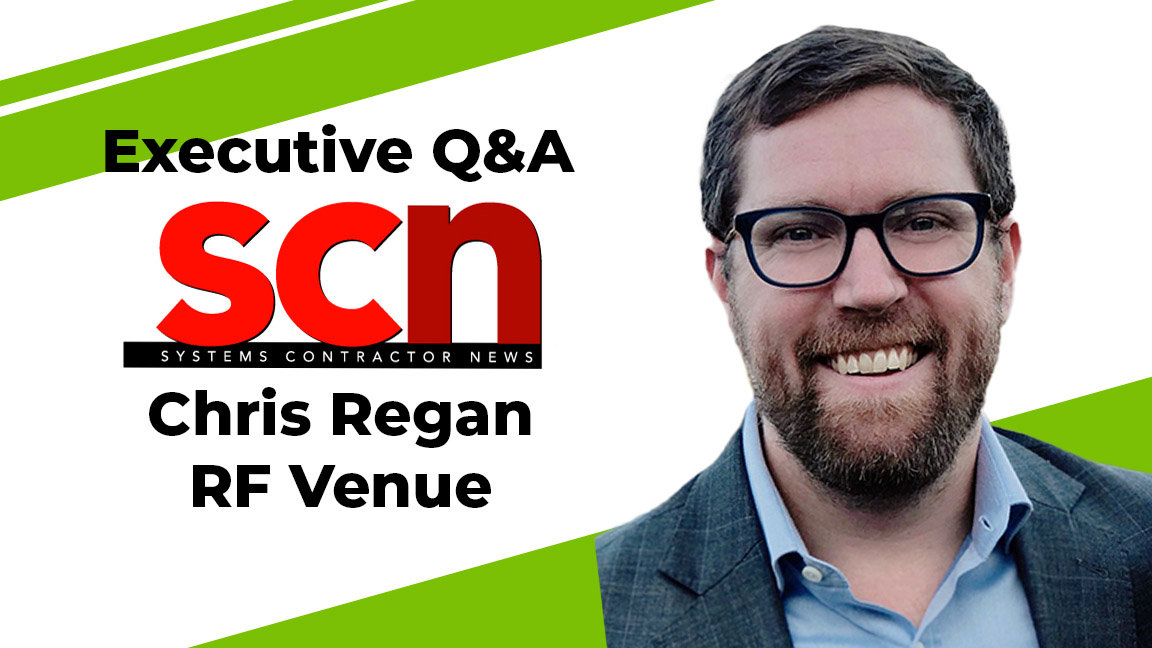Planning for a Smooth Succession
A daily selection of features, industry news, and analysis for AV/IT professionals. Sign up below.
You are now subscribed
Your newsletter sign-up was successful
HBO’s cynical, cutting and hilarious black comedy/drama Succession has reminded all of us that the process of handing down the family business is not an easy one, with in-fighting, double-dealing, and even death playing their parts.
But whilst in the real world things should, and likely do, never go to these scripted, sensationalist extremes, the process of succession needs to be well thought out, well managed, and ultimately well-executed, in order to ensure a smooth progression into next generation ownership.
[Gen Z Is Coming To Your Office—Are You Ready?]
As renowned Indian political commentator and policy analyst Sanjaya Baru commented: “Family business management is a discipline that has evolved from an art into a science.” He goes on to add that family-run companies have come to recognize that shareholders now demand greater clarity on matters of succession.
Indeed, Anne M. Mulcahy, former chair and CEO of Xerox, and Chief Executive magazine’s CEO of the Year 2008 has said: “One of the things we often miss in succession planning is that it should be gradual and thoughtful, with lots of sharing of information and knowledge and perspective, so that it's almost a non-event when it happens.”
So, clarity for stakeholders, with large dollops of info-sharing, coupled with well thought out planning, leads to a seamless, largely uneventful succession. The antithesis of HBO’s Succession, in other words! No alarms, no surprises: just a gentle segue into a new family ownership model.
When it comes to succession for AV integration businesses, forward planning seems to be central to the thinking of many CEOs.
A daily selection of the top stories for AV integrators, resellers and consultants. Sign up below.
“Start planning years ahead on time, involve all relevant parties and hire great financial advisors,” explained Tom Berry, CEO of Verrex, the third generation owner, with the next generation currently in college. “Succession planning is critical to maintaining family and business harmony post transition.”
“It starts with raising your kids like they would run your business,” added Chris Jordan, president, Electro Acoustics. “We have a family dinner once a week with spouses and grandkids with many dinner conversations about what happened at the office that day. They were raised with an owner’s mindset.”

Long before Jordan took over the family business, he started working in his father’s home stereo business (“think vacuum tubes," he said), out of his garage. However, he soon realized that in order to grow, he needed to start his own separate business as well, which he did.
“Owner’s children need plenty of time to work in business, earn the respect of the employees, and to excel on their own outside of your shadow,” said Jordan. “Luke [Jordan, his son] has worked with us for eight years out of college and several years in high school. He has gained not only respect from the employees, but in the industry.”
Jordan’s other son, Sam, became a JAG lawyer in the USAF, earned rank of Major, and is getting his MBA at TCU: “They can stand on their own accomplishments and the employees respect and follow them”.
The key thing, he says, is not to pressure the younger generation to get involved: not to force things. Let them achieve outside of the existing business, and ultimately they will want to get involved—if it suits them.
However, there are times when it’s important to reach outside of the family, whilst ensuring that the cultures developed as a family are maintained and nurtured.
“Keeping family culture intact is very important but sometimes in a family business, there limited capital and strategic expertise,” explained Berry. “This is where you need to reach outside the family organization for SMEs [Subject Matter Experts].”

“The exchange and/or purchase of a family business is an emotional one,” said Heather Sidorowicz, president, Southtown Audio Video, who purchase the company from her father. “The best advice I can give is to get input from a third party to help you navigate those muddy waters. There are experts out there that can help…figure out how to make the purchase and/or exchange as smooth as possible.”
This outside help should, of course, extend to professional support services, such as lawyers and accountants—particularly in the transition phase.
“I cannot express enough how important it is to have a reliable outside team,” continued Sidorowicz. “This team includes your accountant, lawyer, and insurance agent. They must be able to help guide you along the path and can advise you to implication per state and per situation. A strong team leads to a strong company!”
“Financial advisor, accountant, and lawyers are all important members of the transition team and can offer valuable advice,” agreed Berry. “This is accomplished by hiring the right professional to do the deal and have your best interests in mind.”
Berry recommends a hand-off period in transition, as “passing the team onto the next leader for an exciting future is important”, but he’s insistent that the hand-over shouldn’t be protracted: “As third generation, I had the opportunity to participate in a passing of the torch. Let the older generation exit immediately and allow them to enjoy retirement.”
This passing of the torch is perhaps the area that causes the most friction, certainly if HBO’s Succession is anything to go by. Logan Roy founder and CEO of fictional media conglomerate Waystar Royco certainly has no intention of going anywhere, even following the show’s eventual (in season 2) succession announcement.
And as Sheldon Adelson, founder, chairman and chief executive officer of Las Vegas Sands Corporation, with a fortune of US$33.3 billion is quoted as saying: “Why do I need succession planning? I'm very alert. I'm very vibrant. I have no intention to retire.” Succession and the passing of the torch must be managed carefully—particularly when incumbents are perhaps reluctant to move on.
“Yes, a transition or training period is essential, but it needs to be clearly defined with a clear date,” opined Jordan. “Ours was a five-year plan. We are currently two years into that. This lets everyone know when the transition will happen and provides a goal. Last thing I want to do is hang around past my usefulness.”
“For us, my father was not ready to retire at the same time I purchased the company, so he stayed on,” added Sidorowicz. “Over the next few years, he cut back his hours; today, he's working less than a full day a week.”
For Sidorowicz, the transition could have been soother and was “hard and lonely” at times. However, today things are going well: “I am in charge of my destiny and can continue to build a strong, reputable, team of experts with a belief in making technology an asset to both one’s business and home.” She would not have it any other way.
“Overall, it has been an enjoyable process for us,” concluded Jordan. “We value the time we all get to work together, and we are blessed we all have the same spiritual values that drive the core of our business. This helps us to all be on the same page.”
